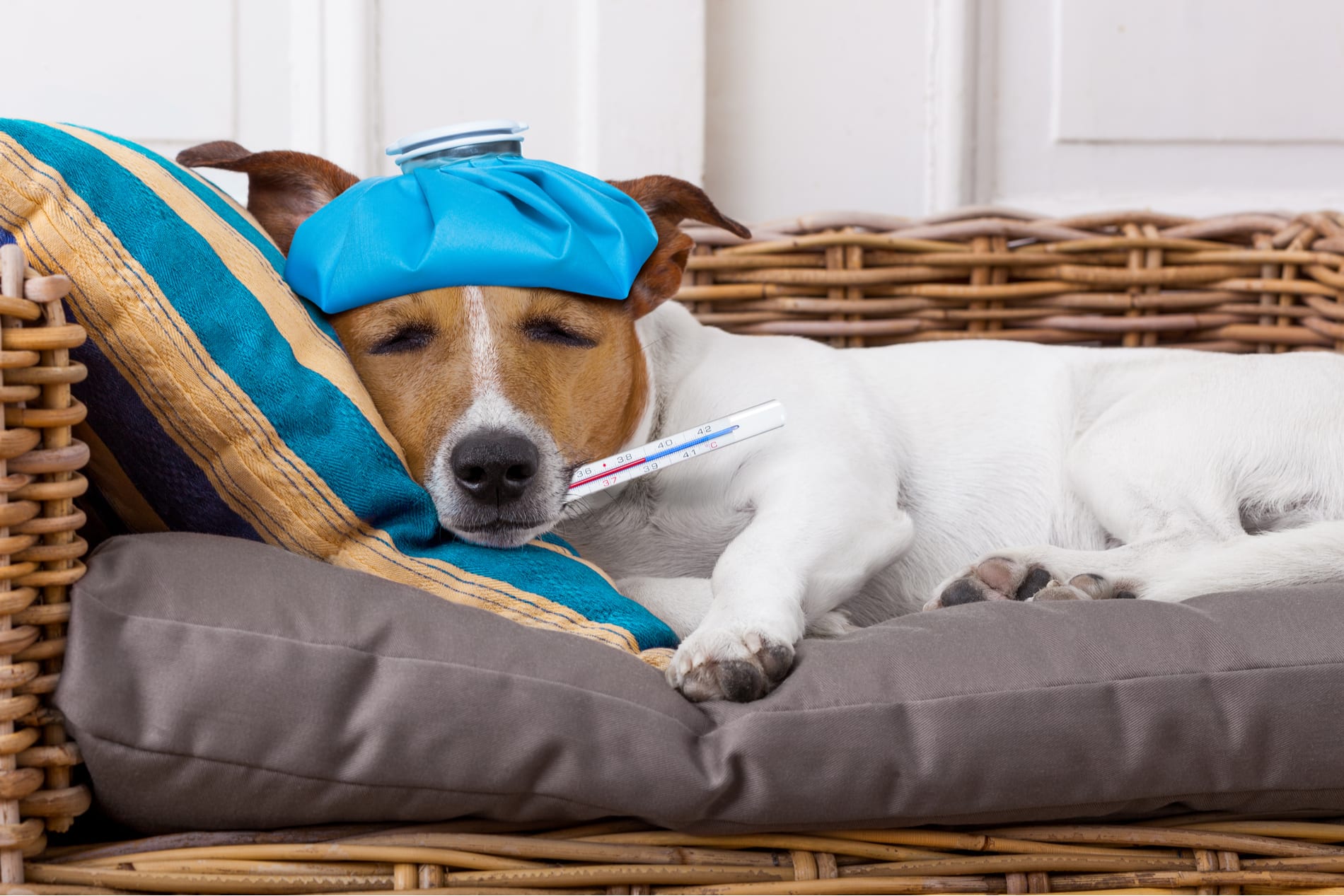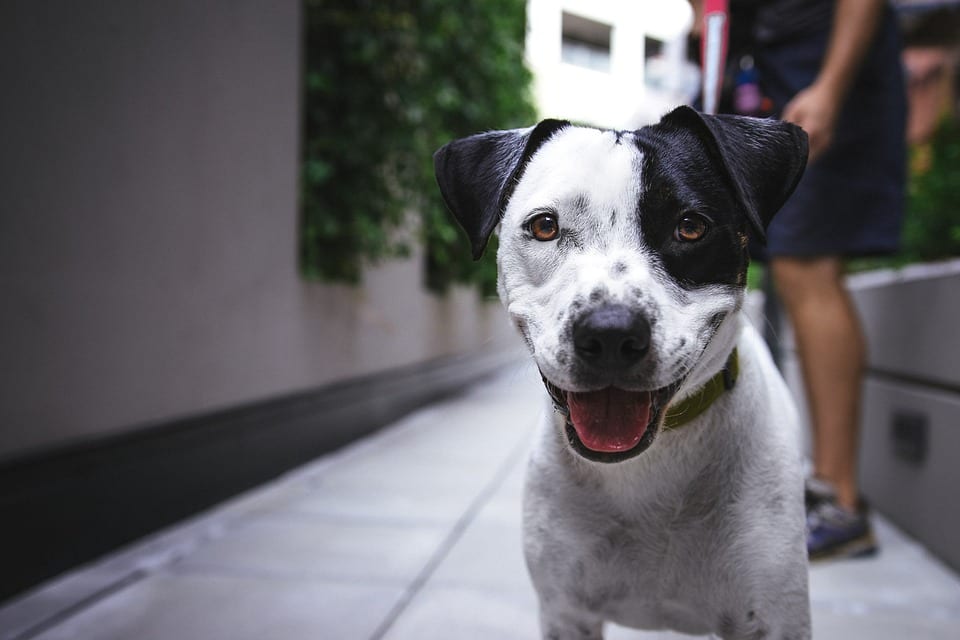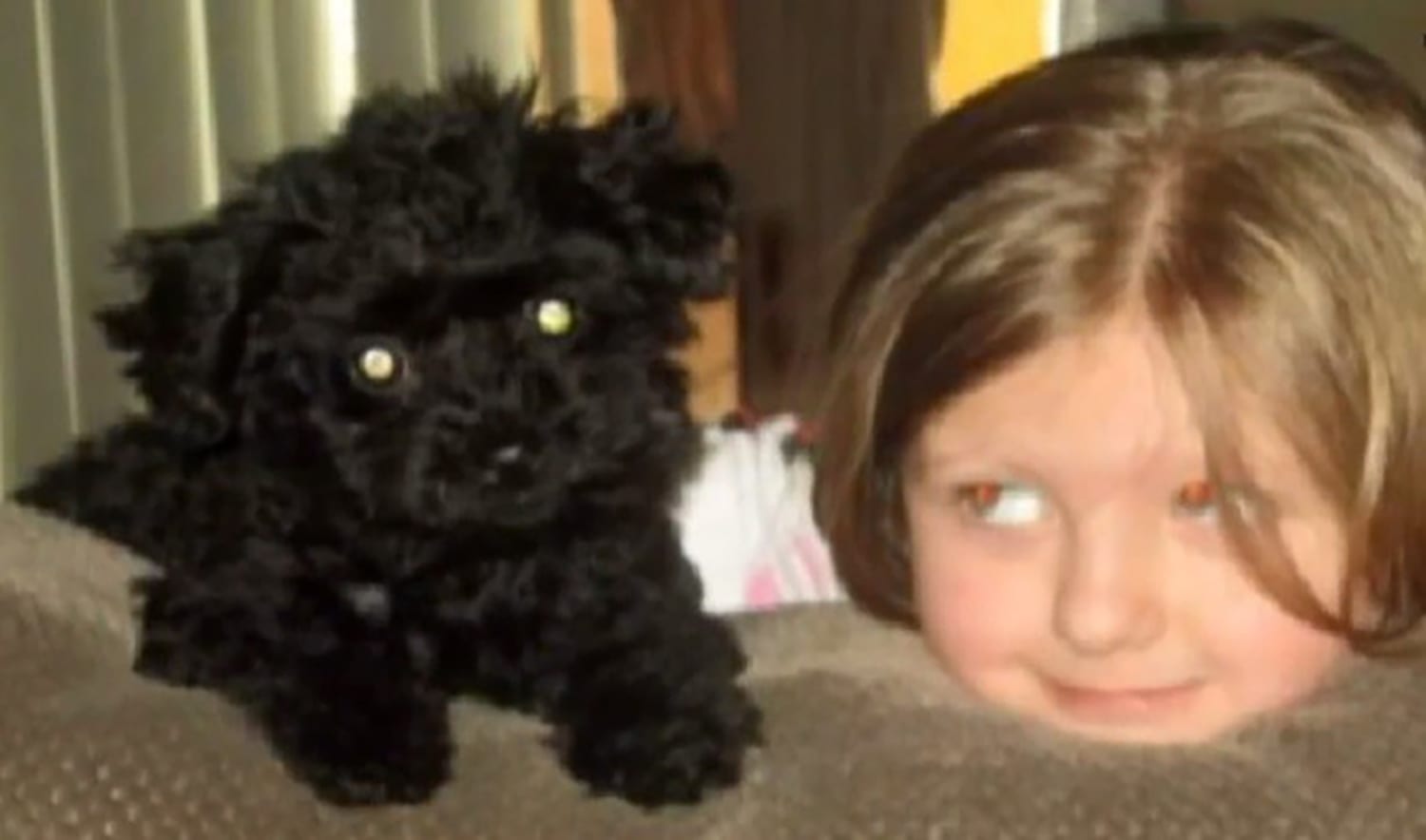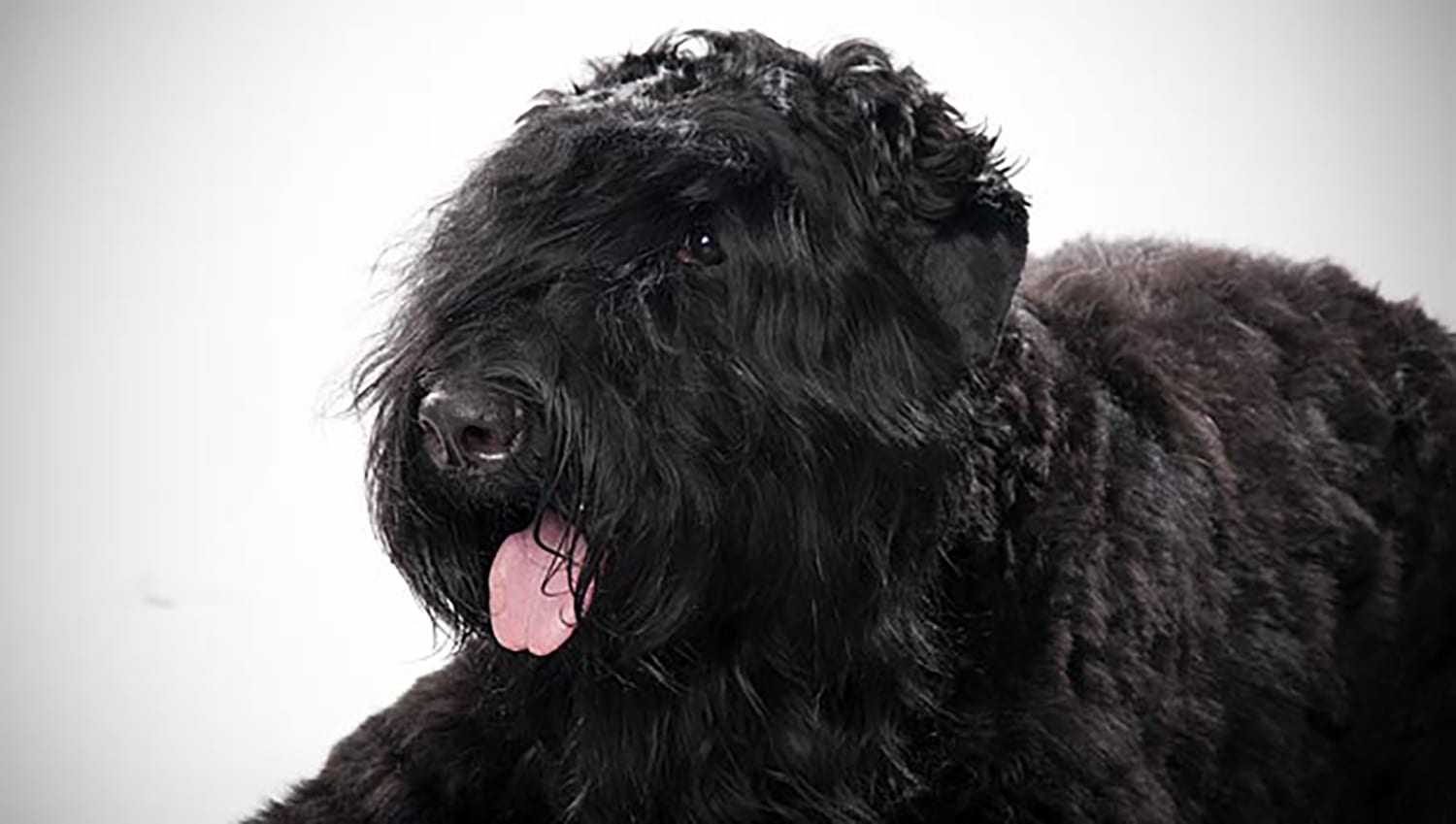 I just got off a call with one of our Pet Owners and the topic was Bordetella, what everyone refers to as Kennel Cough. Her dog started coughing and her Veterinarian insisted that it “caught it” due to boarding. I am not a big fan of Veterinarian’s when they make statements designed to provide a simple explanation for what is a potentially complex issue.
I just got off a call with one of our Pet Owners and the topic was Bordetella, what everyone refers to as Kennel Cough. Her dog started coughing and her Veterinarian insisted that it “caught it” due to boarding. I am not a big fan of Veterinarian’s when they make statements designed to provide a simple explanation for what is a potentially complex issue.
Though I am still relatively new at all this, I’m going to pull back the curtain on the world of dog boarding and level with you about a term you hear a lot, but probably know very little about–‘Kennel Cough’. I’m going to tell you what it is, how it’s transmitted, treated, what we do at RSK to fight it, and what we have no control over.
I’m going to start with the name: ‘Kennel Cough’. This is a totally made up term that people like to use because it rolls off the tongue a little easier than ‘tracheobronchitis’ and ‘Bordetella bronchiseptica’. Even my spell check thinks these are made up words.
Kennel cough is actually a lot of different types of bacterial and viral infections that affect the upper respiratory system in dogs, but it’s just easier to lump them together into one phrase. Another reason for the name is where it tends to spread around– you guessed it, kennels. (Side note: RSK is the furthest thing from a dog kennel.
Fact #1- The cleanest facility in the world can still get a kennel cough outbreak.
Here is how it happens: Fido goes to the local dog park on Tuesday evening to run around. He touches noses with 9 other dogs, one of which named Rover is harboring an upper respiratory bacterial infection. Rover hasn’t started showing any signs that he’s sick yet. Now Fido has it.
That Friday, Fido goes to his doggie daycare facility and touches noses with 18 other dogs. Fido shows no signs, but on Sunday he starts a cough and subsequently hacks up phlegm. A week or so later, all the dogs at daycare start showing signs along with the other dogs at the dog park that came into contact with Rover. At this point, a bunch of these dogs go to the vet.
The vet examines the dog and asks if they’ve been around other dogs recently. “Yes”, the owner responds, “he goes to doggie daycare”. Without much more thought the vet diagnoses kennel cough, often times prescribing an antibiotic to protect against secondary infection, a cough suppressant, and a $100 invoice.
Now, the owner is upset, lighter in the wallet, and looking to lay blame. They turn their fury on the easiest target: the daycare. They quickly rush to Google and Facebook to hand out one star reviews about how their precious fur-baby got sick, and therefore the place has to be dirty and the employees must not clean. The daycare center could have been sterile at the beginning of the day, but then along came a happy dog with no symptoms who just spread sickness around like cake at a birthday party.
Does this scenario sound familiar? If you have or have had kids, then probably yes. This is exactly how infections and viruses spread around in children. Why don’t they call it “Elementary Cough”? Why don’t the parents blame the school for being dirty and unclean? Because people understand that kids sneeze into their hands and then high-five their buddy. Dogs are no different.
Fact #2- Vaccinations don’t always work and only cover a couple of types of infection.
RSK’s require an up-to-date vaccination for Bordetella (one type of kennel cough). Overlooking the fact that it takes weeks after the vaccine is given for your dog to build up a true immunity to the disease, it doesn’t cover all the other bad stuff out there. There are no vaccinations for many types of kennel cough. And to add to the issues, the nasty little organisms can mutate and still infect our dogs that are vaccinated.
You’re probably thinking, “whyrequire it at all”? Bordetella is the most common form of cough seen in dogs, and the vaccine does a good job not only protecting them; it also helps lessen the blow if they do contract something. Most dogs recover on their own in 7-10 days without a trip to the vet. Has your mind exploded yet?
Fact #3- RSK is a lean, mean, germ-killing machine!
And I don’t say that just because my wife and I now own RSK. Find another place that takes all these measures to ensure our Pet Guests health and well-being. We disinfect our facility twice, (we start at 4 AM – every day) – by emptying every dog out of the interior kennel and yes we do this twice a day, every day. We clean each kennel every time one of our Pet Guest leaves. We don’t take outside food bowls or water bowls as we sanitize the bowls that we use, we try not to take outside bedding, as we purchased beds for the facility and we sanitize them. We try to talk our Guests to not leave toys or blankets for that reason, as we cannot sanitize those items.
We pay attention even to the air. The air needs to move, we have fans in each corner to enhance circulation. We check and monitor animal feces and we wash our hands! Yes, we wash our hands, sounds like a simple thing but it is not, when every employee is paying attention to details you know you are doing all you can.
If you made it this far, you can now understand why things like ‘Kennel Cough’ are so tough to keep out. All of our procedures keep the spreading to a minimum.
Often an infected dog comes in before showing signs and then starts coughing a couple days into his/her stay. It’s easy to blame the facility, even though it’s impossibleto know which dog is the one that brought it in. Some things are simply out of our control, but rest assured we work tirelessly every day to make sure that our facility is doing everything possible to provide a comfortable, safe and sanitary environment for your four legged family members.
You are always welcome to walk through our facility and/or discuss your ideas on how we might do things better as we always seek to excel and your input can do nothing but help us.






